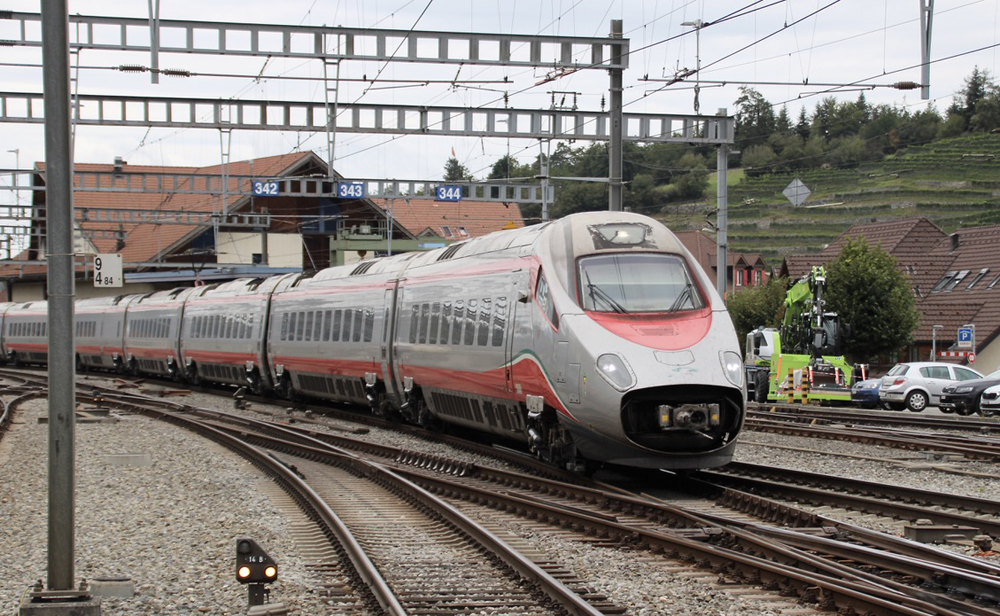
BRUSSELS, Belgium — If you’re considering train travel in Europe, you can expect to do well in Italy. On Eurostar, it’s another matter.
Italy’s Trenitalia is the best rail passenger operator in Europe, while Eurostar — the international operator linking London to Amsterdam, Brussels, and Paris — is the worst overall, according to rankings released this month by Transport and Environment, an advocacy group for clean transportation.
The group’s report ranks 27 operators on eight factors such as punctuality, ticket prices, traveler experience and the offering of night trains (considered a key environmental option to decrease flying). It found that only 11 of the 27 companies had on-time performance as high as 80%.
Ranked on a 10-point scale, Trenitalia finished first with a score of 7.7, followed by Switzerland’s SBB and private Czech-based company RegioJet, both at 7.4. The Italian operator received the top score of 10 for offering special fares and price reductions, and also scored highly for booking experience, traveler experience, and its night-train offerings.
SBB was most reliable, was ranked has having the best booking experience, and shared the top spot for bike-friendly service with Belgium’s SNCB, but was marked down for having one of the lower ranking policies for compensating customers in case of service issues. RegioJet scored 7.5 or better in five categories — price, special fares, booking experience, compensation policies, and traveler experience — but scored low for its bike policies.
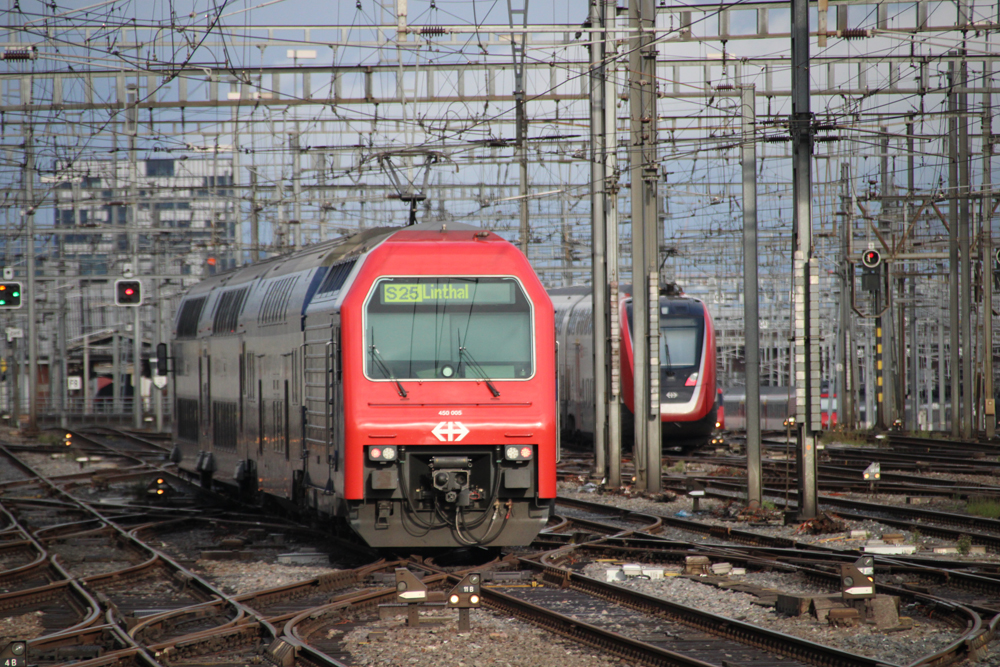
Eurostar, at 4.9, was the only company to score below 5. It was hurt by finishing 26th in pricing — charging nearly twice the European average, measured by Euros per kilometer — as well as having a low scores in reliability and zeros for night trains and its bike policy.
A Eurostar representative told British newspaper The Guardian that it had updated booking and cycling policies, and relaunched a discount-ticket program, since the data was gathered: “We are confident that if this report were redone again, the scores would be higher.”
Finishing just head of Eurostar at the bottom of the rankings were Greece’s Hellenic Trains and Ouigo, the discount operator run by France’s SNCF.
Two of the companies in the rankings do not make on-time performance information public. Among those that do, Germany’s Deutsche Bahn — which has had well-reported operational issues for several years — finished ahead of only Portugal’s CP and new Swedish operator Snälltåget.
The full report, which includes tables that rank companies in the key categories and a full list of their scores in all eight areas, is available here.






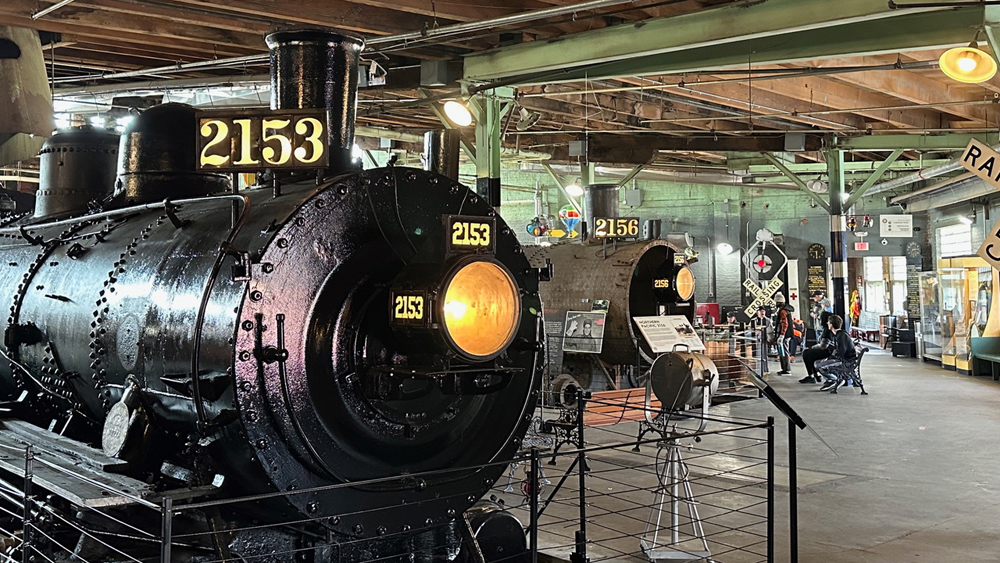
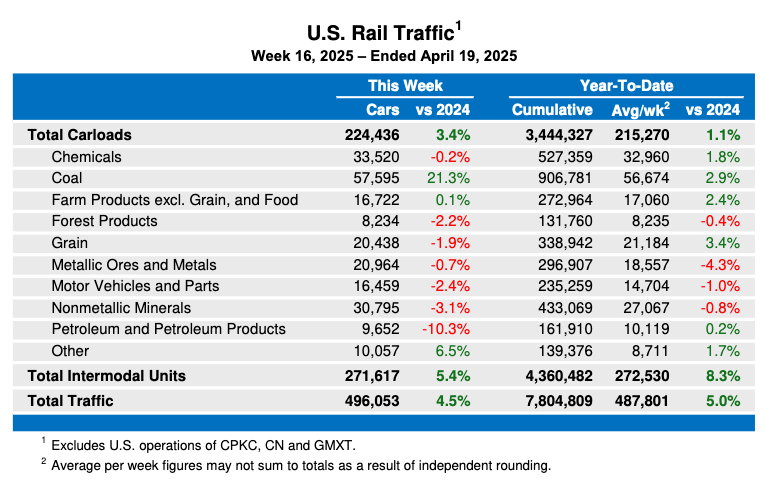

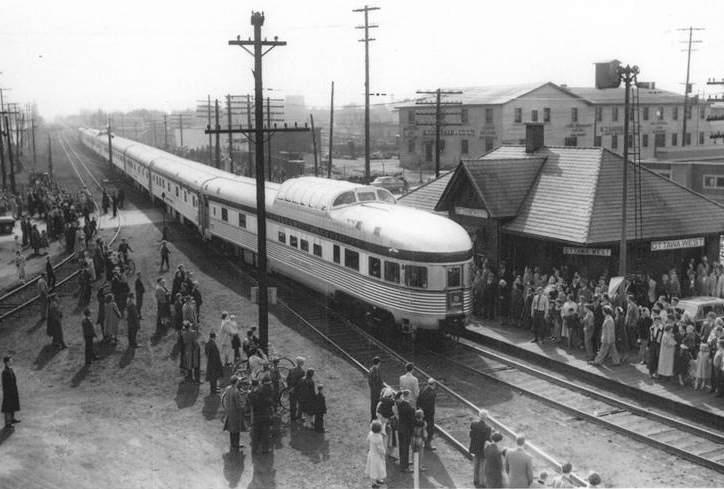




Trenitalia and SBB are one a kind for sure.
It is high time Eurostar faced tough competition.
Dr. Güntürk Üstün
With many of their factors irrelevant to travelers this is useless. For a look at Eurostar experience look on YouTube for TrekTrendy and his latest post, on their trip to Lapland via a very interesting succession of rail connections. Also, overnight travel is its own category and ought to be kept separate. Then within the overnight category, travel using sleeping accommodations should be evaluated entirely separately from coach travel. Overall, with so many origin-destination pairs having only one plausible rail choice, it makes the whole effort silly unless it would be re-worked to compare just major origin-destination pairs, and within those pairs, a comparison between rail, road, and air alternatives. Even then, the variability in pricing for seasons, railpass availability, ancillary charges for baggage, etc. make generalization useless unless like cases are compared, such as same day purchases on short notice. –Jerry
I believe that Amtrak uses 10 minutes on the NEC only trains as a train 11 minutes late causes a yellow designation.
No mention of how on time performance is measured for this report but in general it tends to shoot down the idea that European trains are always on time vs. Amtrak.
Looking at the full report, it specifies “on time” as arriving within 5 minutes of the scheduled time. I don’t know if that’s “final destination” or “all stops”. I believe Amtrak uses about 15 minutes as its threshold.
Passenger train services are of course much more advanced in Europe than in North America. Sad but true!
Dr. Güntürk Üstün